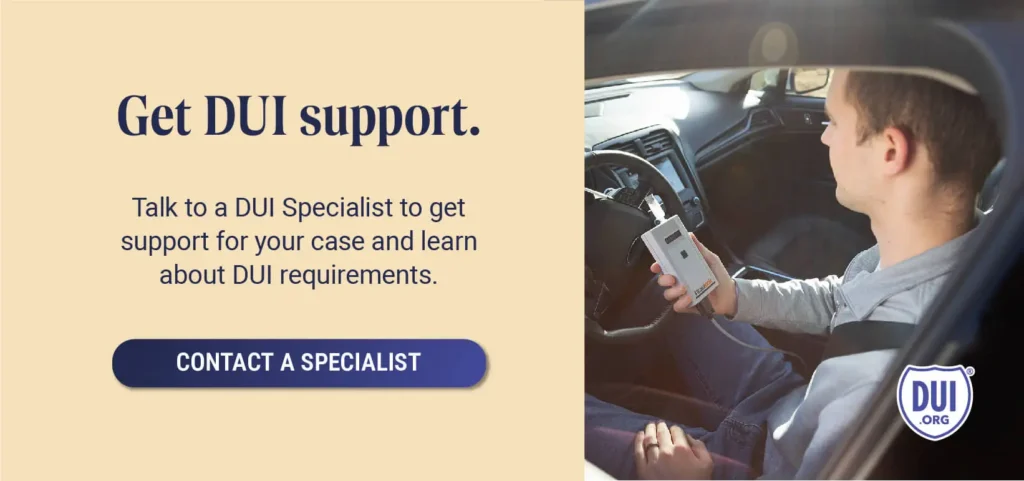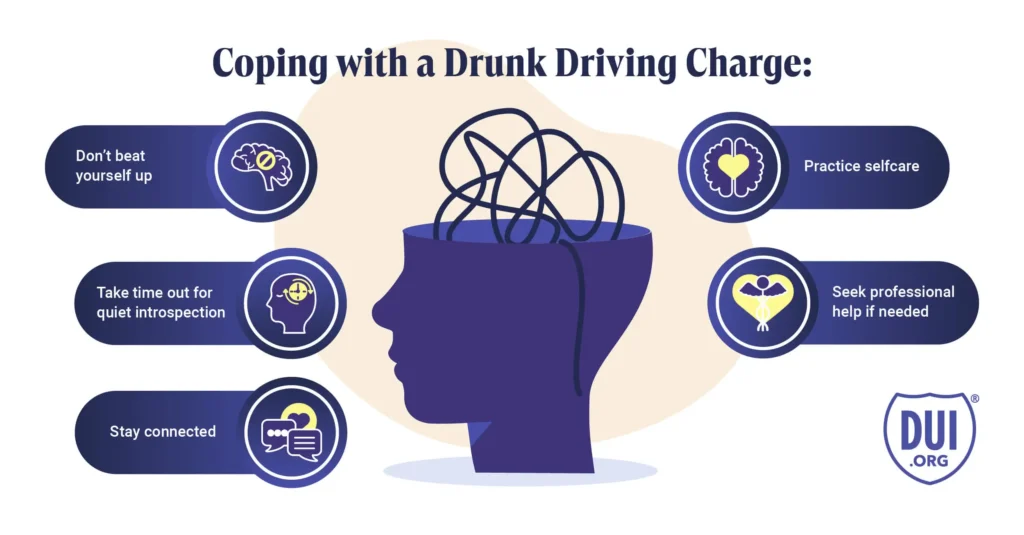Following a DUI arrest, offenders are typically given a list of criteria to meet in order to make restitution for their offense, as well as regain driving privileges. These criteria can include things like paying financial penalties, jail time, installing an ignition interlock device, obtaining an alcohol assessment, completing alcohol treatment, and other various tasks as determined by the court.
How Do I Choose a Provider for My DUI Alcohol Assessment?
An assessment may help you get to the root of what caused your offense, and can help the court more fully understand your situation. If you have been required to obtain an assessment by the court or it was suggested by your attorney, you will be responsible for the cost. The choice of which assessment service to use is yours, but there are several things you should look for when making your selection.
- Make sure the assessors are licensed professionals: There are licenses and credentials evaluators can obtain that prove they are qualified to diagnose and treat substance abuse disorders. When researching providers, make sure to choose one that emphasizes their staff’s credentials and licensing. New Directions is one such provider that Intoxalock has partnered with. All their evaluators hold the proper credentials.
- Ask for professional references: Any professional assessment provider should be able to provide you with professional references you can speak with regarding their services. During your research, it may help to ask for these references so you can check into the company and ensure they provide quality service.
- Get advice from your attorney: If your attorney has experience in DUI cases, they have very likely worked with several of the assessment providers in your area. Check with them to see what their experience has been like and who they may recommend if you are unsure.
- Check availability and services: Assessment providers are often in high demand, particularly as many provide mental health, behavioral, and other assessments in addition to alcohol and drug use. If you are on a deadline, ensure your chosen provider can meet it and provide the report you need in time for it to be of use in your case.
Once you’ve made your selection, you should next start the process of booking your appointment and undergoing the assessment.

What Happens at a DUI Alcohol Assessment?
New Directions provides evaluations online via video conferencing software. Other assessment providers may have a slightly different process, but this is what to expect with New Directions.
- Register: First, you will register with New Directions. You can do this online yourself, or call the office if you have questions or want to speak directly with someone.
- Complete an online or in-office questionnaire: This questionnaire will help evaluators get to know you and your situation a bit prior to the evaluation.
- Participate in your interview: The assessment will take about 45-55 minutes online via webcam. Your only responsibility is to honestly answer the questions as thoroughly as you can.
- Wait for your secure assessment: Your privacy will be completely protected and you will receive your completed assessment electronically via email. It can then be shared with court officials.
The assessment will have to be accepted by the court. US Court Assessment evaluations have an acceptance rate of more than 99% in court. They offer rush services if you need to meet an upcoming deadline.
To get in touch with New Directions, visit them online.







